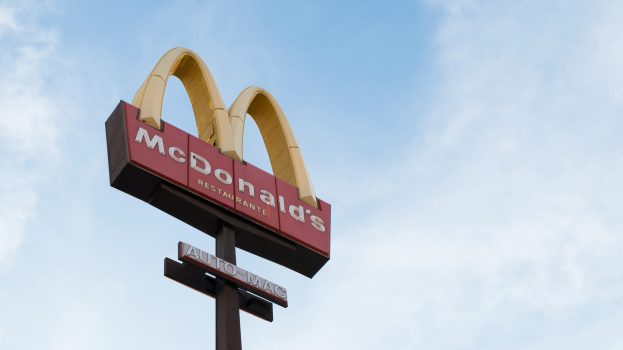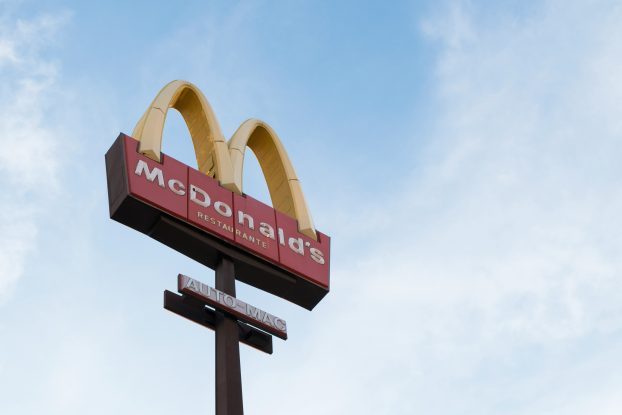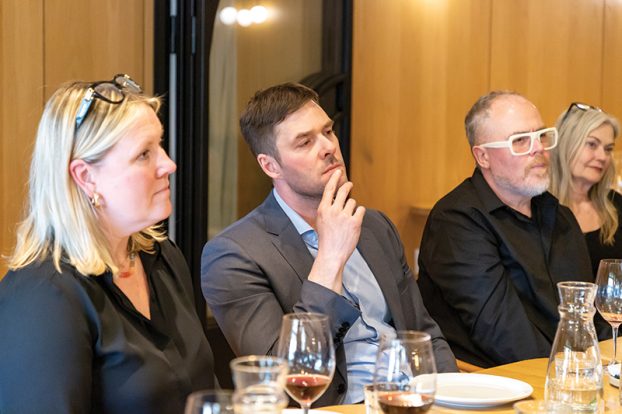Since launching in Toronto in 2015, order-ahead app Ritual has focused on helping users skip lineups at restaurant take-out counters.
But having grown to reach more than 4,000 restaurants in 15 cities worldwide, the company now sees an opportunity to put its built-up expertise to the service of its restaurant partners and their customers, while also helping further grow its own business.
“If we can help restaurants better serve their customers it benefits everyone. It’s better for us. It’s better for our joint customer,” says Ritual CEO Raymond Reddy. “We don’t charge for these services. We just see it as part of what we can do to help restaurants transition to digital.”
The company’s founder says several changes are on the horizon for restaurants and QSRs over the next ten years, as digital comes to represent the majority of sales for some businesses. For some restaurants, he says, digital sales (meaning those originating outside of the store and intended for delivery or pick-up) already make up half of their sales.
That has led to a number of changes in-store and at the counter, as companies look to optimize digital pick-up in major urban centres facing high volumes of orders. In major cities like Toronto and New York, for instance, Reddy says some restaurants must now accommodate 50 to 100 pick-up orders during peak hours.
In response, restaurants have begun implementing new tactics: adding vertical shelving at the pick-up counter, clearly delineating the order and pick-up areas (some pick-up windows now precede the ordering window), and evolving the purpose of menu boards to serve more of a traffic-control function to help manage the flow of food delivery service drivers and customers. Within some of its own partner restaurants, Ritual has been rolling digital pick-up tablets that inform customers of when their orders will be ready.
Unlike food delivery companies that don’t have to preoccupy themselves with the in-store experience, Ritual stands to gain from making the in-store fulfillment and experience as seamless as possible. So it’s now offering to help its partners optimize their operations. It’s about serving as a strategic partner that can offer data and insights to restaurants to help increase their sales, while growing its own revenue.
Spanning major cities across North America and beyond, Ritual can help share best practices across markets, without needing to invent anything new, Reddy says. “We’ll see a great idea in Europe and we’ll help bring it to Toronto.”
Secondly, it has access to valuable customer data on things such as customer satisfaction and order error rates, which many businesses lack. “The problem today is that restaurants only have a sales or revenue view of the world,” he says. For example, POS metrics say nothing about customer retention. While Ritual does not represent all customer transactions, the founder says it still has access to some of this customer data through restaurant reviews on its app.
Going forward, Ritual sees itself playing a greater role in helping its partners navigate the fast-changing restaurant industry, Reddy says. Anything it can do to enhance customers’ experiences while ordering digitally, while also helping restaurants become more operationally efficient, will help boost its own bottom line.
Correction: A previous version of this story stated that Ritual has restaurant partners in 70 cities worldwide. Strategy regrets the error.
























